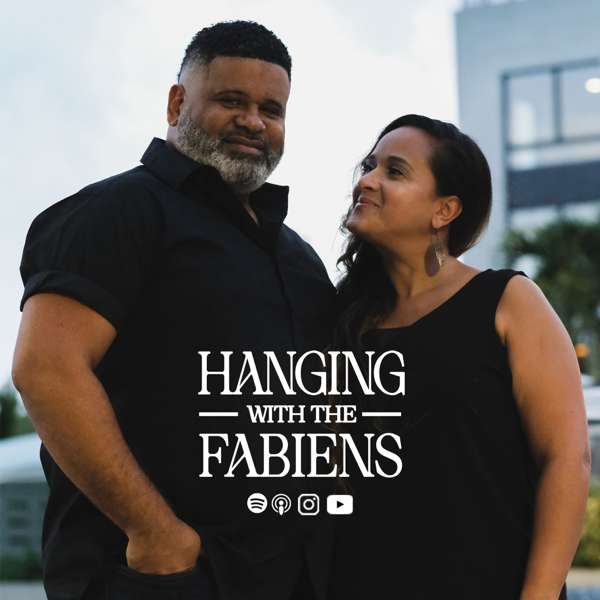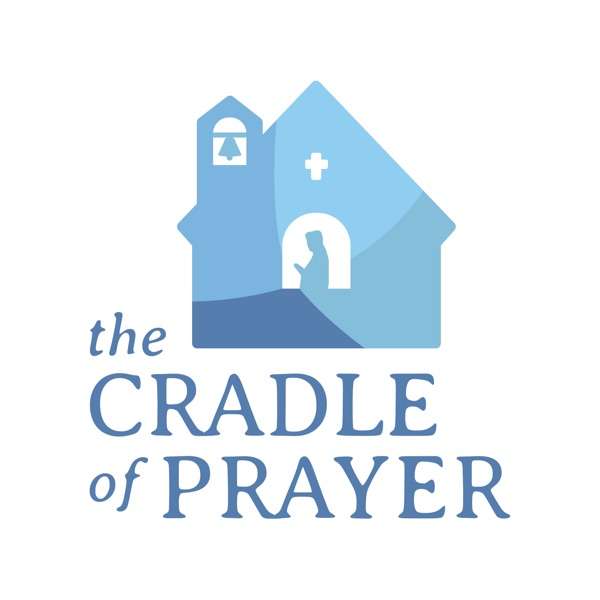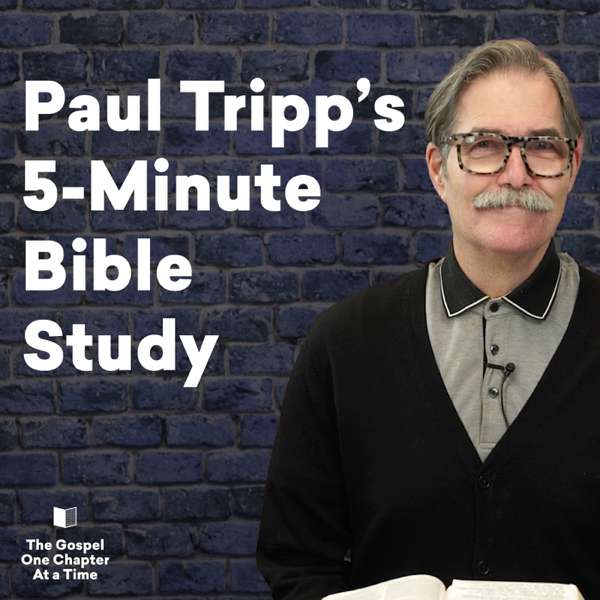This is a rebroadcast. The episode originally ran in September 2021.
Michael A. Goodman has worked for the Church Educational System since 1989 and was the manager of CES College Curriculum before joining the Brigham Young University Church History and Doctrine department in 2007. He is a professor of Religious Education and serves as the RSC’s Associate Publications Director and the Editor of the Religious Educator journal. Michael holds a bachelor’s degree in Journalism with Public Relations, a master’s degree in Information Technology, and a PhD in Marriage, Family, and Human Development. He is a co-investigator on the Family Foundations of Youth Development longitudinal research project, focused on adolescent and family faith development and mental health outcomes with a special emphasis on suicidality. Michael is married to Tiina Anita Goodman.

Links

Share your thoughts in the Leading Saints community
Read the transcript of this podcast
Get 14-day access to the Core Leader Library, including the Single Saints Virtual Conference
Highlights
1:55 BYU Eternal Families course chair and online curriculum author
4:10 How does BYU teach the doctrine of Eternal Families?
- Courses based on doctrine with some social science mixed in
- Eternal principles and daily principles taught (money, sexuality etc)
5:50 We don’t have to convince BYU students that the Church of Jesus Christ of Latter-day Saints values families, but they don’t often know why.
8:30 D&C 131 and 132: The Degrees of Glory and importance of eternal families
10:40 The Family: A Proclamation to the World. Quotes document.
11:40 President Oaks Quote: “Our theology begins with Heavenly Parents. Our greatest aspiration is to be like them.” “The purpose of mortal like and the mission of the Church of Jesus Christ of Latter-day Saints is to prepare the sons and daughters of God for their eternal destiny- to become like our Heavenly Parents.”
13:35 Divine Identity and Divine Destiny… as children of God
15:45 Mother in Heaven: foundational doctrine
16:35 When speaking to single adults after the foundation has been laid, what do you say next? …Well someday?!? NO! Acknowledge their pain and the issues they face.
17:45 Neil L. Anderson quote: “We will continue to teach the Lord’s pattern for families, but now with millions of members and the diversity among those in the church we need to be more thoughtful and sensitive. Our church culture and vernacular are sometimes quite unique. The Primary children are not going to stop singing ‘Families can be Together Forever’ but when they sing ‘I’m so happy when Daddy comes home’ or ‘With father and mother leading the way…’, not all children will be singing about their family.”
20:50 What do we need to know now, to feel joy now? Four overarching principles:
- No one denied any promised blessing because of something outside of their control
- YOU are included in the plan of salvation, and because of that inclusion there is hope.
- Heavenly Father will not abrogate agency.
- God loves us with a perfect love and will do anything in his power to exalt us.
- Through the grace of Christ, Heavenly Father can provide solutions to those things outside our control (24:51)
26:04 Quote President Kimball: “We promise you that in as far as eternity is concerned, NO soul will be deprived of rich and high and eternal blessings for anything which they could not help. That the Lord never fails in his promises. Every righteous person will eventually receive ALL to which they are entitled and have not forfeited through any fault of their own.”
28:15 Stay covenant-connected.
28:30 Quote President Nelson: Through no failing of their own “they” deal with the trails of life alone. May we all be reminded that in the Lord’s own way and time no blessing will be withheld from his faithful saints. The Lords will judge and reward each individual according to their heartfelt desires as well as deeds.”
29:45 It’s ok if you aren’t the “ideal” family yet… Richard G. Scott quote and discussion
31:55 Live relationally now! Live familially.
33:10 None of us are broken, just in process.
33:55 Kurt- as a leader- “I won’t deny callings based on marital status”. Few callings have any sort of marital qualification.
36:25 Kurt- as a leader- encourage people to live relationally. ALL people need other people.
37:45 How do you find yourself? Lose yourself serving others. Story of girl who wouldn’t attend activities: Asked to find one person who looked as awkward as she felt and say hello…
41:45 Plural marriage and our doctrine:
- Starts with Abraham and Moses
- System instated when God sees fit (usually at the beginning of a dispensation)
- Essay on Plural Marriage: ordinances may be preformed for the dead sealing one person to all the spouses they have had on Earth. “The precise nature of these relationships in the next life is NOT known. Many relationships will be sorted out in the life to come”.
42:50 Back to agency: You’ll never be stuck in a relationship you don’t want, plural or otherwise.
46:50 There has NEVER been a statement given churchwide that says you must practice plural marriage to qualify for exaltation.
48:00 Cancellation of sealings: It’s a triangle ordinance. Righteous desire and faithfulness bind the sealing. If they don’t exist neither does the sealing.
52:50 Four aspects of the sealing ordinance (1998 Ensign):
- Individual covenants and blessings based on personal faithfulness
- Join covenants: Blessings only given jointly to couples who are faithful jointly
- Joining in celestial marriage: “Getting super-glued”
- Blessing for children born in the covenant or sealed to parents: Blessing of the Abrahamic covenant
- These help us through contingencies like death, divorce, etc.
55:46 President Oaks Quote: For all questions on the spirit world I suggest two answers. First, remember that God loves his children and will surely do what is best for each of us. Second, remember this familiar bible teaching which has been most helpful to me on a multitude of unanswered questions: “Trust in the Lord with all thine heart, lean not to thine own understanding and he shall direct thy paths.”
58:45 Story of President Eyring: When Pres Eyring lamented that he wasn’t sure people’s choices would allow families to be together forever the prophet responded with “ you are worrying about the WRONG PROBLEM”. Live worthy of the celestial kingdom and the family arrangements will be more wonderful than you can imagine.
1:00:15 What about the concept of servants in the celestial kingdom? Again revert to agency. We cannot be forced to live a life we do not choose.
- Heavenly Father is not impatient. We are.
1:00:43 Hopelessness is Death: Until we have hope there is no progress to the “next step.”
1:04:45 No need to live “white knuckled” now. Learn to live relationally. If you are in a situation familially or relationally where you are unhappy, Satan will try to tell you you are broken. He will try to convince you you are “damaged goods”. Let the Lord show you how to get up and live.
1:06:35 If you are struggling… welcome to mortality
1:08:05 There ain’t no such thing as a perfect person except for Christ, and you can’t marry Him!
1:08:30 One last thought on The Proclamation: Don’t read it thinking of what you don’t have. Notice what you do have and can have. There is comfort there. It is full of beautiful truths.
1:11:15 Final encouragement: We have been asked to focus on love and law. Love those around you, love those you serve. But that can’t be all. Then lead them to Christ. The commandments are the way He leads us back home and are not a weapon.
The award-winning Leading Saints Podcast is one of the top independent Latter-day Saints podcasts as part of nonprofit Leading Saints’ mission to help Latter-day Saints be better prepared to lead. Learn more and listen to any of the past episodes for free at LeadingSaints.org.
Past guests include Emily Belle Freeman, David Butler, Hank Smith, John Bytheway, Reyna and Elena Aburto, Liz Wiseman, Stephen M. R. Covey, Elder Alvin F. Meredith III, Julie Beck, Brad Wilcox, Jody Moore, Tony Overbay, John H. Groberg, Elaine Dalton, Tad R. Callister, Lynn G. Robbins, J. Devn Cornish, Bonnie Oscarson, Dennis B. Neuenschwander, Kirby Heyborne, Taysom Hill, Coaches Jennifer Rockwood and Brandon Doman, Anthony Sweat, John Hilton III, Barbara Morgan Gardner, Blair Hodges, Whitney Johnson, Ryan Gottfredson, Greg McKeown, Ganel-Lyn Condie, Wendy Ulrich, Richard Ostler, and many more in over 800 episodes.
Discover podcasts, articles, virtual conferences, and live events related to callings such as the bishopric, Relief Society, elders quorum, Primary, youth leadership, stake leadership, ward mission, ward council, young adults, ministering, and teaching.

 Our TOPPODCAST Picks
Our TOPPODCAST Picks  Stay Connected
Stay Connected

















